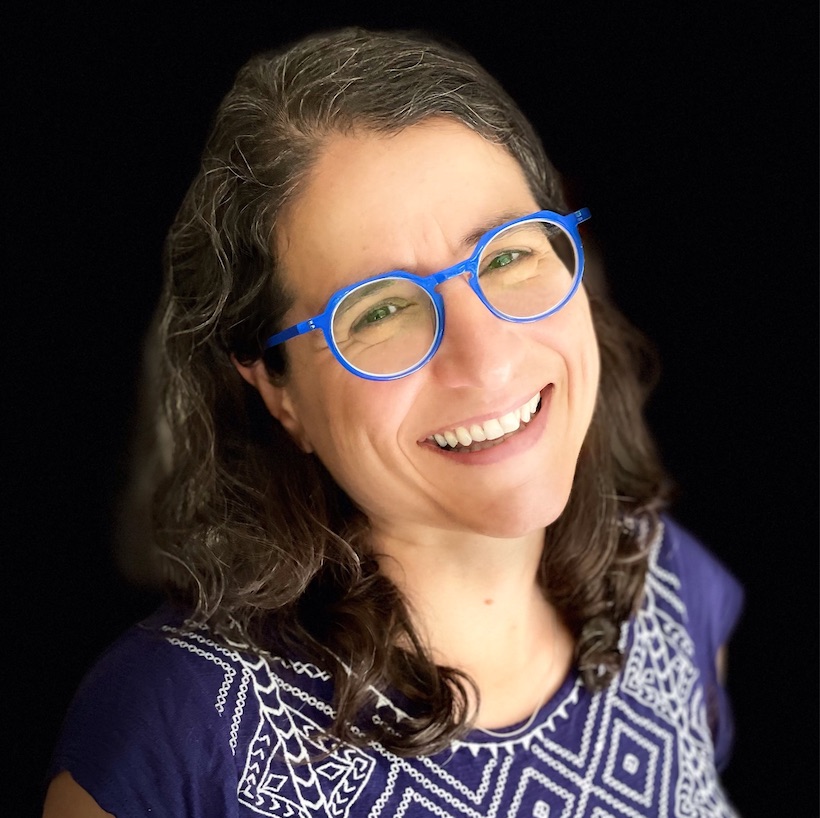
Principle Investigator: Reem Hajjar
Reem is Associate Professor of Integrated Human and Ecological Systems in the Department of Forest Ecosystems and Society. She is also the Maybelle Clark Macdonald Professor of Teaching Excellence in Forestry. As an interdisciplinary social scientist, she studies the relationship between forests and livelihoods, and how various governance mechanisms and institutions shape that relationship. Most of her work to-date has taken place in tropical and sub-tropical forests, with a recent extension into the Pacific Northwest of North America. Most recently, she’s been working on projects related to community forests, REDD+, the role of forests in alleviating poverty, forest restoration governance, and impacts of forest policy changes in various countries. See our research page for more details on specific projects. Reem has a PhD in Forestry (University of British Columbia), a Masters in Conservation Biology (Columbia University), and a BSc in Biology (McGill University). She has worked and consulted for several international organizations, including the International Institute for Sustainable Development, Bioversity International, Forest Stewardship Council, FERN and the World Bank. She was recently a member of the Global Forest Expert Panel on Forests and Poverty, and is currently Senior Associate Editor of Conservation Letters.
Paula López - PhD student
Paula has an academic foundation in forest resources and socio-environmental governance. She holds a Master’s in Natural Resources (MNR) from Oregon State University and a Bachelor’s degree in Forestry Engineering from the National Agrarian University La Molina in Peru. Additionally, Paula participated in an academic exchange program in Ecosystem Management at Western Washington University, further broadening her expertise in global environmental issues. Her academic focus centers on the role of Indigenous knowledge and community-based governance in forest resource management, particularly within the context of climate change. Paula’s research integrates socio-environmental perspectives, with an emphasis on social justice and equity in environmental conservation and policy. Paula has worked with several national and international organizations in Peru, contributing to the design and implementation of conservation initiatives alongside Indigenous peoples and local communities.
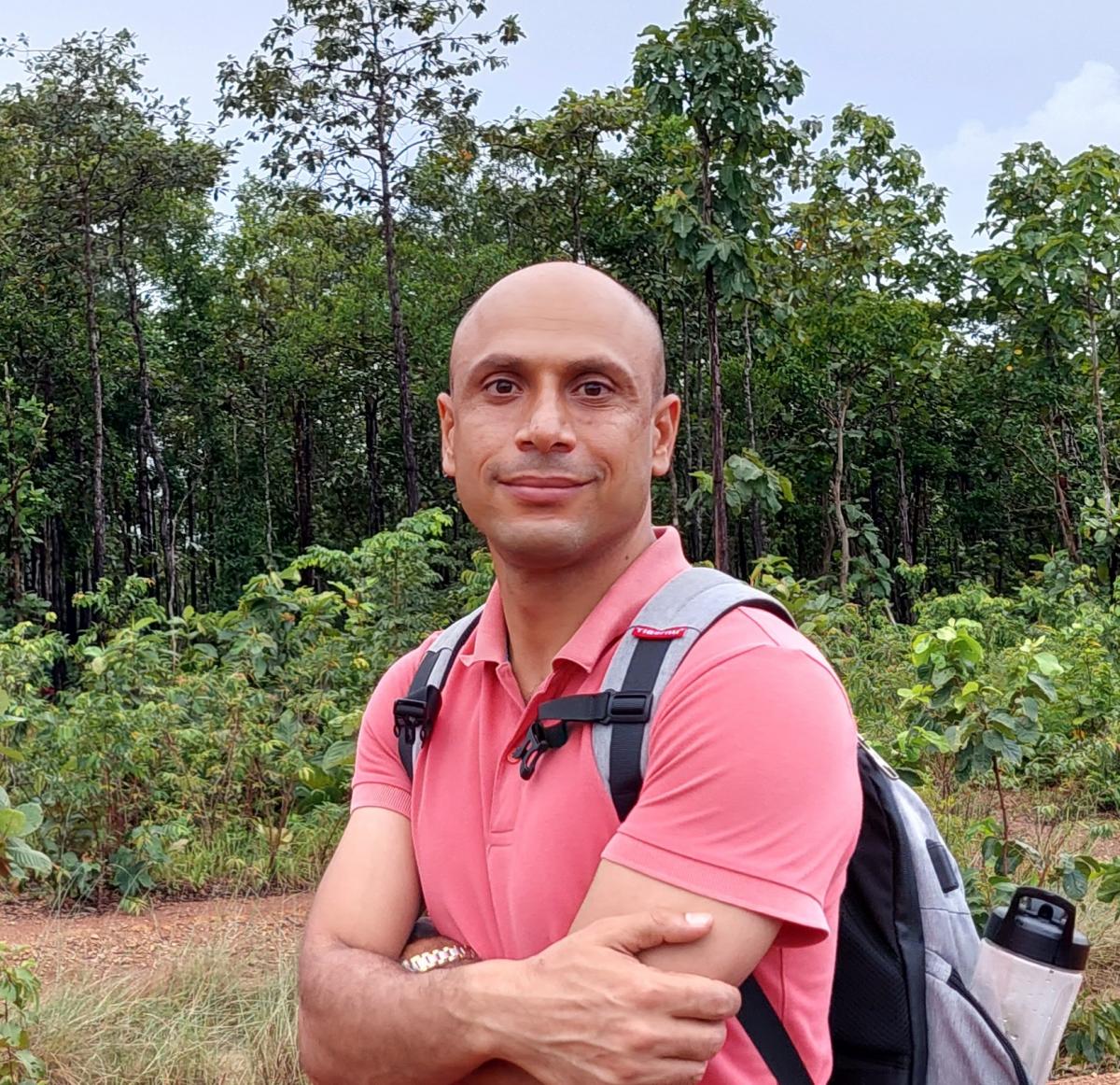
Lok Mani Sapkota - PhD student
Lok has a strong interest in community-based forest resources management. Before starting his PhD in Forest Ecosystems and Society, he spent over ten years in the Asia–Pacific region conducting research and implementing programs strengthening participatory forest resources management. His interests and engagements have a wide domain, including institutions and participation of local communities and stakeholders in forest fire management, forest landscape restoration, and community forest management. Lok completed a Masters of Science in Natural Resources Management from Asian Institute of Technology, where he studied how the fire environment and local communities' response to fire are changing in Central Siwalik of Nepal and what factors cotribute to the collective actions in forest fire management. He has a Bachelor of Science in Forestry from Institute of Forestry (IOF), Tribhuvan University in Nepal. He worked for multiple national and international organizations in the Asia-Pacific region, such as the Department of Forest in Nepal, ECARDS-Nepal, and RECOFTC
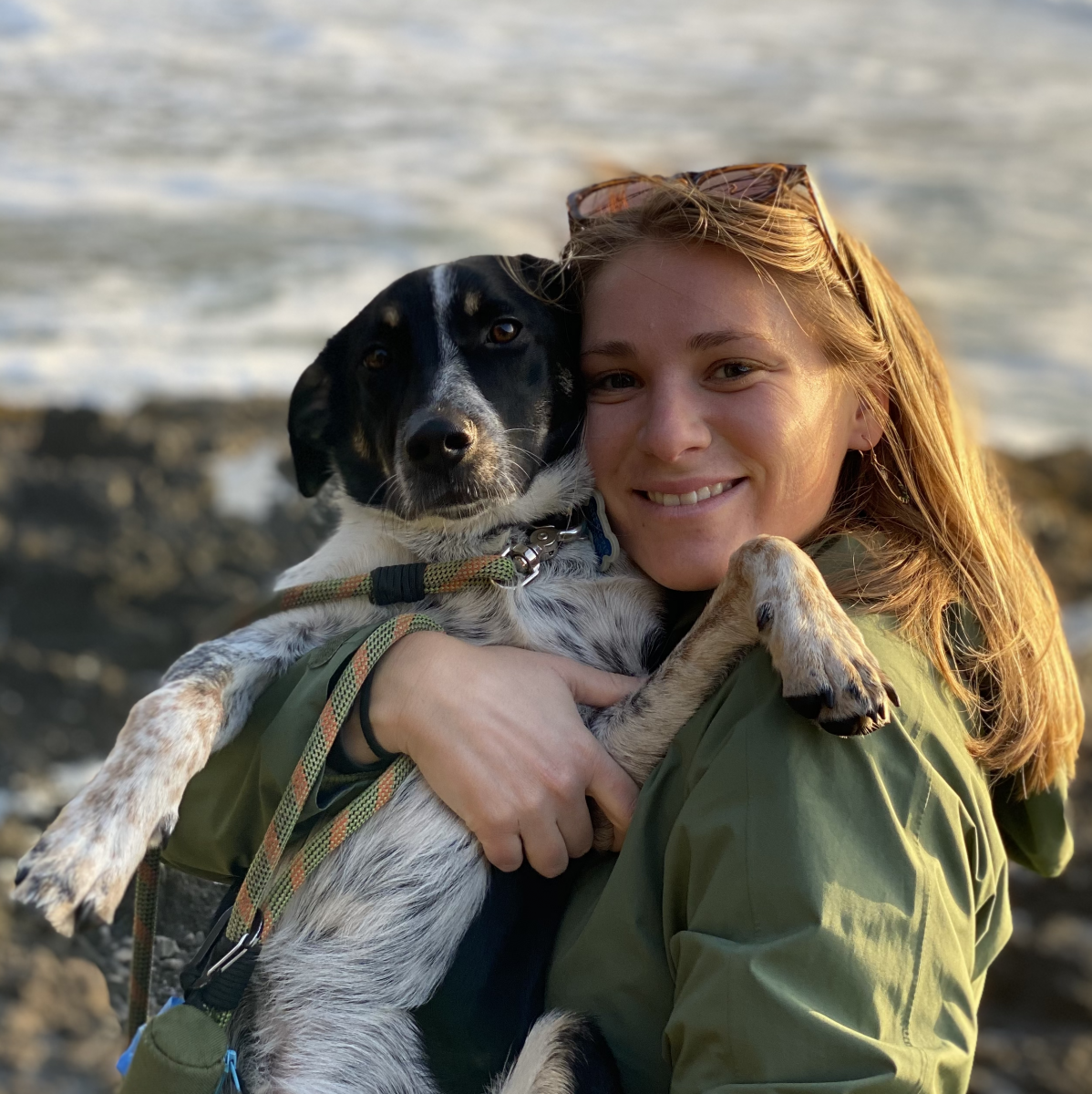
Emma Sloan - PhD student
Emma's academic interest centers on the interrelationship between social and ecological environments as the precursors of health. She earned a BS in Environmental Science from the University of Oregon, where she studied environmental justice issues in Oregon forests. She has since worked as a Health Policy Planner for Eagle County, Colorado, where she focused on integrating health equity and environmental justice in land use, housing, and food systems. She completed her Masters with the FoLIAGe group, investigating equity in resilience for forest-dependent communities in the context of wildfire in Oregon. She's currently working on community forestry in the PNW region for her PhD.
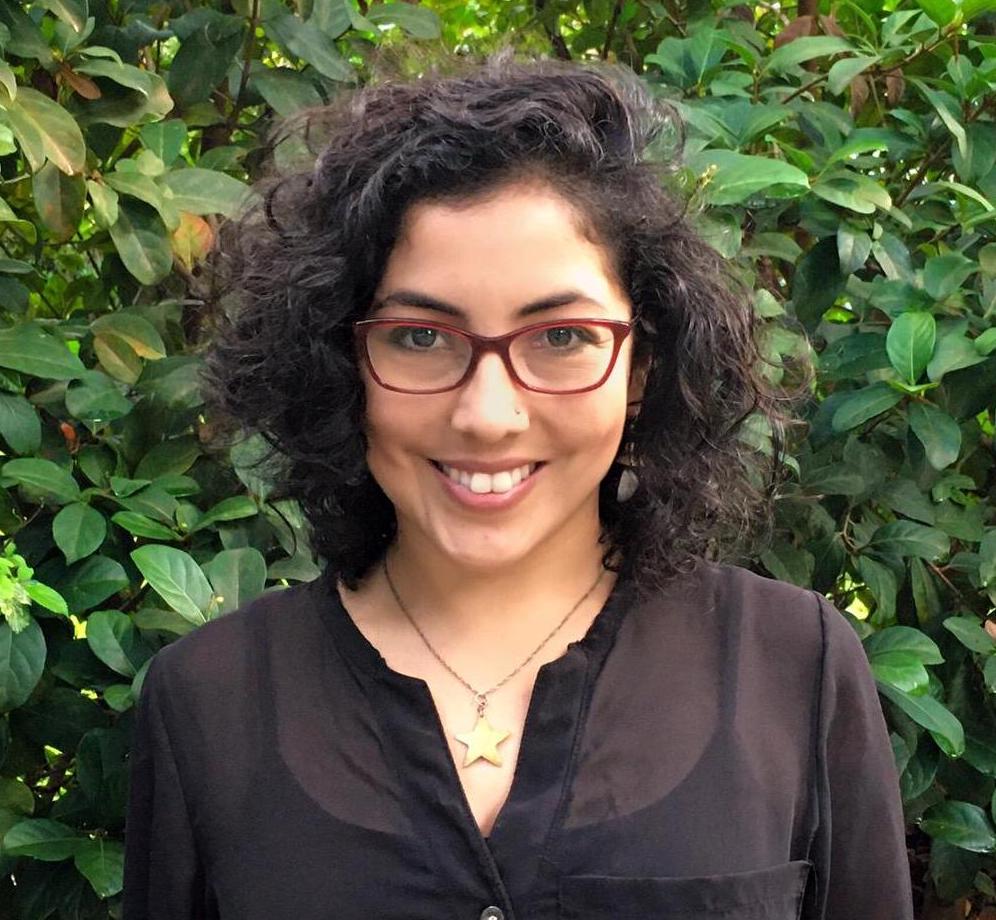
Jazmín Gonzales Tovar - Postdoctoral Fellow
Jazmín's work focuses on forests and environmental governance, environmental justice and equity, land use and resource rights, and politics and power relations. As a postdoc at University of Florida (UF), she led a study on infrastructure governance in four Amazonian countries (Colombia, Bolivia, Brazil, and Peru). In her doctoral dissertation at UF, in partnership with the Center for International Forestry Research (CIFOR), she analyzed the equity and power dynamics in territorial planning multi-stakeholder forums in two Brazilian states. She previously worked at CIFOR on a team conducting research on multilevel governance related to land use and REDD+ in Peru, Indonesia, Tanzania, Vietnam, and Mexico. During her MSc. program at Wageningen University, she analyzed the informational governance of environmental conflicts related to oil and gas industries in Peru and Nigeria and carried out research on water policies in Uzbekistan. She has worked for a variety of institutions in her home country of Peru, participating in the analysis and development of policies and tools related to REDD+, climate change, protected areas, and other themes. She joined OSU in 2021 to work on growing teaching and research capacity in Peru.

Lauren McCaskill, MSc
Lauren graduated summa cum laude from Austin College with a Bachelor of Arts in International Relations. Following her undergraduate degree, Lauren completed a Fulbright English Teaching Assistantship in Malaysia, where she further developed her interest in the impact of international conservation efforts. Lauren completed her Masters research at FES looking at equity in two community forests in Montana and Idaho. Lauren is beginning a new job as a Land Protection Specialist with the Whidbey Camano Land Trust.
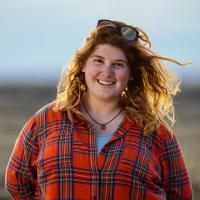
Dr. Kailey Kornhauser
As an undergraduate, Kailey studied environmental history at Westminster College where she researched the use of environmental ethics in historical water policy. Kailey also received a Masters of Science in Environmental Humanties from the University of Utah where she studied the use of collaobration in the Forest Service’s 2012 Planning Rule. Her interests are in collaboration, consensus building, and the differences in land and risk managment. Her dissertation topic was on power dynamics and outcomes of collaborative forest management in Oregon. She is currently a Presidential Management Fellow, working as an Environmental Collaboration and Conflict Resolution Program Specialist at the Office of Collaborative Action and Dispute Resolution, Department of the Interior.
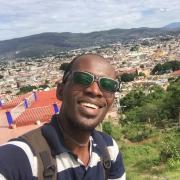
Samuel Mawutor, MSc
Samuel finished his Masters thesis in 2020 on the topic of forest decentralization and empowerment of local institutions in Ghana. He has a Bachelors in Political Science from the University of Ghana. He has since worked as a campaigner for social justice for disadvantaged communities that live on the fringes of forests and and other natural resources, and is currently a PhD student in the Geography Program at OSU. He has been among the thought leadership of Ghana’s forest civl society and has coordinated some of the large civil society platforms. His research interests include forest and environmental policy, community-based natural resource management, and social movements and politics of forest and natural resources management.
Dr. Gretchen Engbring
Gretchen finished her PhD dissertation in 2020, on the topic of community forest enterprises in Oaxaca, Mexico, where she examined their organizational structures and how those structures contribute to or mitigate trade-offs in economic and social outcomes. Gretchen graduated magna cum laude from the University of California, Santa Cruz in 2010 with a Bachelor of Arts in Politics. Continuing her studies, Gretchen earned a Master of Philosophy in Environmental Policy, graduating with commendation from the University of Cambridge in 2012. Upon graduation, she served as a researcher for the Cambridge Center for Climate Change Mitigation Research, focusing on the role of local communities in Reducing Emissions from Deforestation and forest Degradation (REDD+). She is interested in natural resource law, policy and management, with an emphasis on the way forest communities manage their resources, and the impacts such management may have on different (and particularly vulnerable) stakeholders. She is currently the Susatinable Behavior Change Program Manager at the Office of Sustainability, Stanford University.

Meredith Jacobson, MSc
Meredith finished her Master's thesis in 2020 on the topic of Anchor Forests - conceptualizing Tribal leadership in cross-boundary forest governance. Meredith received her B.S. in Forestry and Natural Resources from UC Berkeley in 2014, where she researched public participation in a local controversy over how to manage urban eucalyptus forests. After graduating, her interest in the social dynamics of forestry led her to work in a multi-use redwood forest in the Santa Cruz mountains, and then to teach environmental education programs for youth. She finished her M.S. in Forest Ecosystems and Society, under co-advising of Dr. Emily Jane Davis and Dr. Reem Hajjar. Meredith's research interests are in multi-stakeholder collaboration and participation in natural resource management in the American West. She is currently a PhD candidate in the Department of Sociology, University of Oregon.
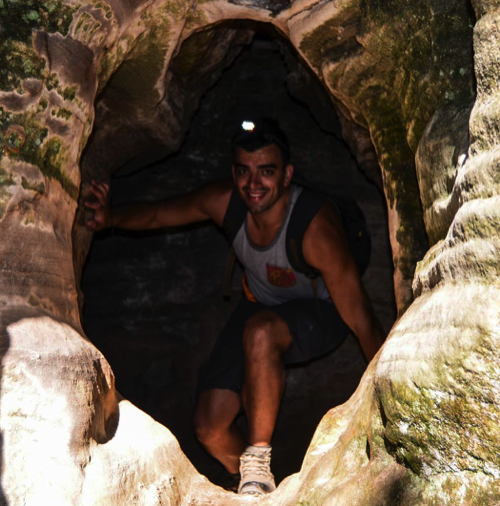
André Faria - Environmental Sciences
André Faria has Bachelor's and Master's degrees in Forest Engineering from the Federal University of Lavras (UFLA), Brazil. His research in the past has looked at sustainable forest management, operational research, planning and optimization of forest harvesting, and forest growth and yield modelling. His research interests included Reducing Emissions from Deforestation and Forest Degradation (REDD+), adaptive management and governance of complex social-ecosystems, community-based forest management in Brazil and environmental justice.
Mackenzie Karnstein - Undergraduate Honors Thesis Student
Mackenzie was an Honors undergraduate pursuing a Bachelors degree in Forest Engineering and a certification in Geographic Information Systems. She is interested in interdisciplinary approaches to solving forest management issues through promoting positive dialogue and action among stakeholders. Mackenzie completed her honors thesis project on the role of shared values in facilitating consensus within forest collaboratives. She hopes to draw on her experiences with forest collaboratives to help state and federal agencies build and improve systems for managing forests for diverse interests.
Justin Fasana - Undergraduate research assistant
Justin was an undergrad student majoring in Natural Resources with an option in Indigenous Environmental Policy. He is a proud member of the Confederated Tribes of Grand Ronde which has played a role in shaping his future career goals. After completing his bachelor’s degree, he is interested in working for an indigenous tribe in the Pacific Northwest. He has studied abroad in New Zealand where he had the firsthand opportunity to learn about Māori culture, the indigenous peoples of New Zealand. Justin hopes to support indigenous communities through effective management and protection of their natural resources. He worked with PhD candidate Kailey Kornhauser on forest collaboartives.
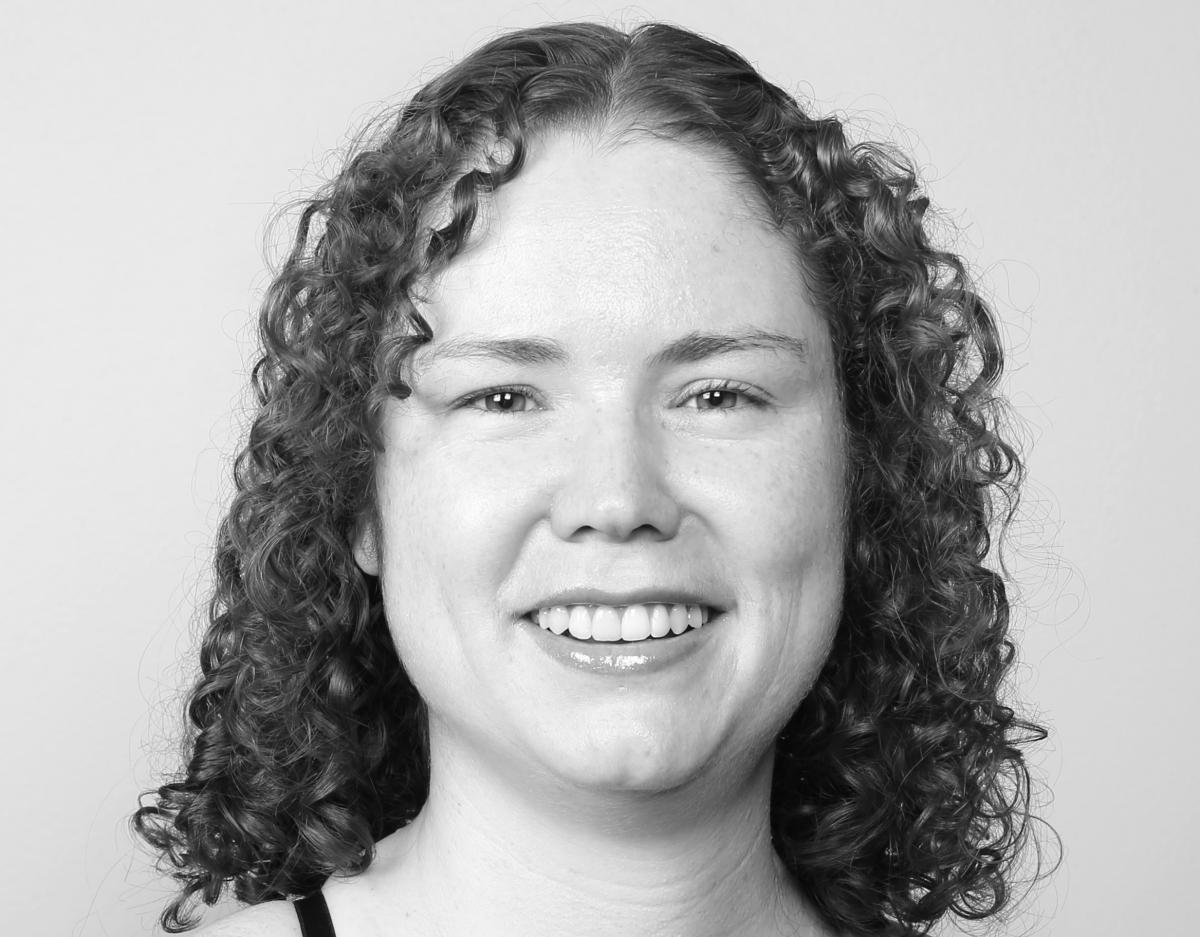
Dr. Ekena Rangel Pinage
Ekena is a geospatial data scientist and forest ecologist. Her work focuses on understanding the ecological impacts of natural and anthropogenic disturbances on tropical forests. She has a bachelor’s degree in Geography and a master’s degree in Forest Sciences from the University of Brasilia. In her doctoral dissertation at the University of Technology Sydney, with a visiting period at OSU, she investigated the effects of forest degradation (selective logging and fires) in structure and function of the Amazon Forest using optical, thermal, and lidar remote sensing. She worked for several institutions in Brazil, such as the Brazilian Forest Service, the Brazilian Agricultural Research Corporation and WWF-Brasil. She joined OSU in 2021 under a cooperation with the US Forest Service to work on the NASA-funded project 'Quantifying agricultural expansion and tropical forest degradation in the Brazilian Arc of Deforestation: A multi-sensor, multi-scale approach'. She currently works for the Wildlife Conservation Society as an Ecological Integrity Research Specialist.